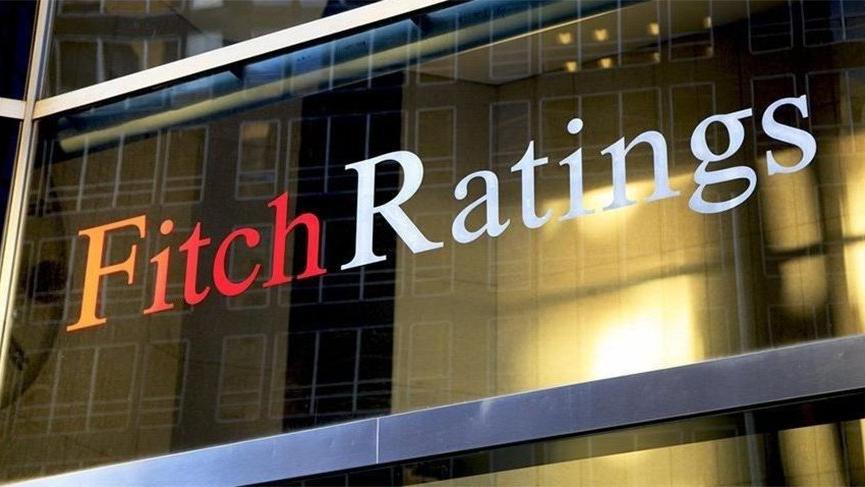Singapore: Deficit targets presented in India’s Budget are higher and medium-term consolidation more gradual than expected, Fitch Ratings said on Tuesday.
The government’s prioritisation of fiscal support for the population’s health and well-being, and ongoing economic recovery are understandable.
“At the same time, however, there is little fiscal space given India’s high public debt ratio prior to the virus shock (around 90 per cent of GDP compared to the 53 per cent 2020 ‘BBB median),” said Jeremy Zook, Director at Fitch Ratings’ Asia Pacific Sovereigns team.
“The Budget forecasts wider near-term deficits of 9.5 per cent of GDP in FY21 and 6.8 per cent in FY22 and a more gradual pace of consolidation than we had previously anticipated reaching 4.5 per cent only by FY26,” he said.
Zook said Fitch views the economic and revenue assumptions underpinning the Budget to be largely credible, although the disinvestment revenue target appears optimistic at over three times higher than the level achieved in FY20.
This budget also takes further positive steps toward improving fiscal transparency, particularly by bringing the loans from the Food Corporation of India onto the Budget.
“The wider deficits and more gradual pace of consolidation will lift India’s government debt and put more onus on the nominal GDP growth outlook in our assessment of the medium-term debt trajectory, which is core to our view of India’s sovereign rating.”
“Signs of a weaker-than-anticipated economic recovery or a reassessment of medium-term growth potential will make it more challenging to achieve a downward trend in the debt ratio under our forecasts and add to pressure on the rating,” said Zook.
Fitch had placed India’s ‘BBB-minus’ rating on negative outlook in June 2020, in recognition of the pandemic’s impact on growth prospects and the challenges of the high public debt burden.
It currently forecasts real GDP to rebound by 11 per cent in FY22 and grow around 6.6 per cent per annum through FY26. Higher expenditure, particularly the increase in infrastructure spending in FY22, will likely be supportive of the near-term recovery — which it expects to gather pace due to declining coronavirus cases and vaccine rollout — and possibly reduce longer-term economic scarring.
“Moreover, we believe the previously legislated labour market and agricultural reforms are potentially positive for the medium-term growth outlook, though they clearly face implementation risks,” said Zook.
The proposed establishment of an asset reconstruction company and asset management company to deal with bad assets in the banking sector is a potential positive, but more details on the structure and implementation are needed before Fitch can fully assess the impact, he said. (agency)
Trending Now
E-Paper


